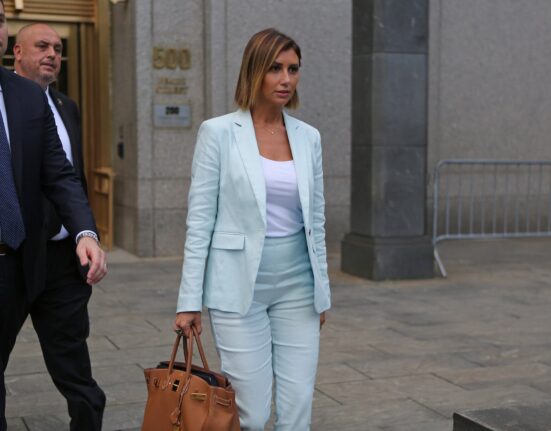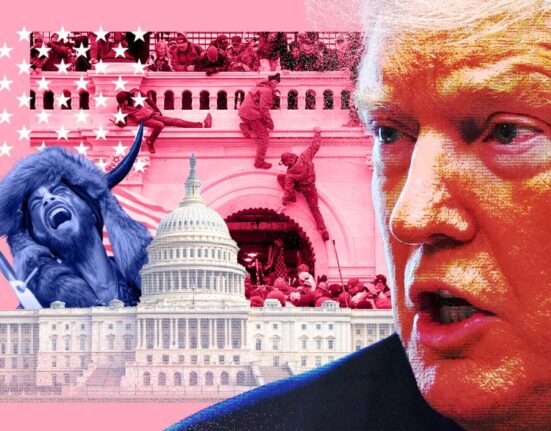Social media influencers have taken the world by storm, even making their mark on the political landscape during Australia’s recent federal election. Figures like podcasters and online personalities such as Ozzy Man Reviews, Abbie Chatfield, and The Grade Cricketer were seen rubbing shoulders with politicians like Anthony Albanese in an effort to connect with a broader audience. This new wave of influence has sparked a debate among Australians who question the reliability of these internet celebrities and their propensity for spreading misinformation.
Research conducted by the University of Canberra and Reuters sheds light on Australians’ shifting news consumption habits. The study reveals that more people are turning to platforms like TikTok for news updates, with podcasts becoming a favored medium for 1 in 10 individuals seeking information. As traditional news outlets face competition from digital-first sources, concerns about misinformation loom large, especially when it comes to online influencers.
Nathan Powell, Chief Product and Strategy Officer at Fabulate, points out how the roles of journalists, commentators, and entertainers are merging in today’s media landscape. Powell emphasizes that trust is now built on factors like personality and authenticity rather than merely holding a press badge.
“The lines are blurring between journalist, commentator and entertainer,”
he remarks.
While younger Australians gravitate towards social media platforms for news due to convenience and varied content formats, they are not oblivious to the pitfalls of relying on unverified sources. Sora Park from the University of Canberra notes that while young audiences value diverse perspectives in their news consumption, older demographics place a higher premium on truth and accuracy in reporting.
The rise of new media players has caused ripples within established circles such as government institutions. Phoebe Saintilan-Stocks from Missing Perspectives recounts her experience being part of a group invited into the federal budget lockup by the Labor government—a move signaling recognition of evolving media landscapes where influencers wield significant influence over Gen Z and Millennial audiences.
As regulatory bodies grapple with ensuring professional standards across all forms of media, influencer Abbie Chatfield found herself under scrutiny by the Australian Electoral Commission regarding her election-related posts. Such incidents underscore the need for clear guidelines to maintain journalistic integrity regardless of the platform or individual disseminating information.
Influencers aligning themselves politically is increasingly common as audiences seek voices that resonate with their own beliefs. Hannah Ferguson from Cheek Media stresses the importance of transparency and accountability across all media platforms to foster trust among consumers inundated with misinformation.
The evolving dynamics between traditional news outlets and emerging digital influencers reflect a broader shift in how information is disseminated and received by audiences today. As society grapples with navigating this changing landscape, one thing remains clear—maintaining integrity in reporting is paramount regardless of whether it comes from legacy institutions or social media stars.









Leave feedback about this